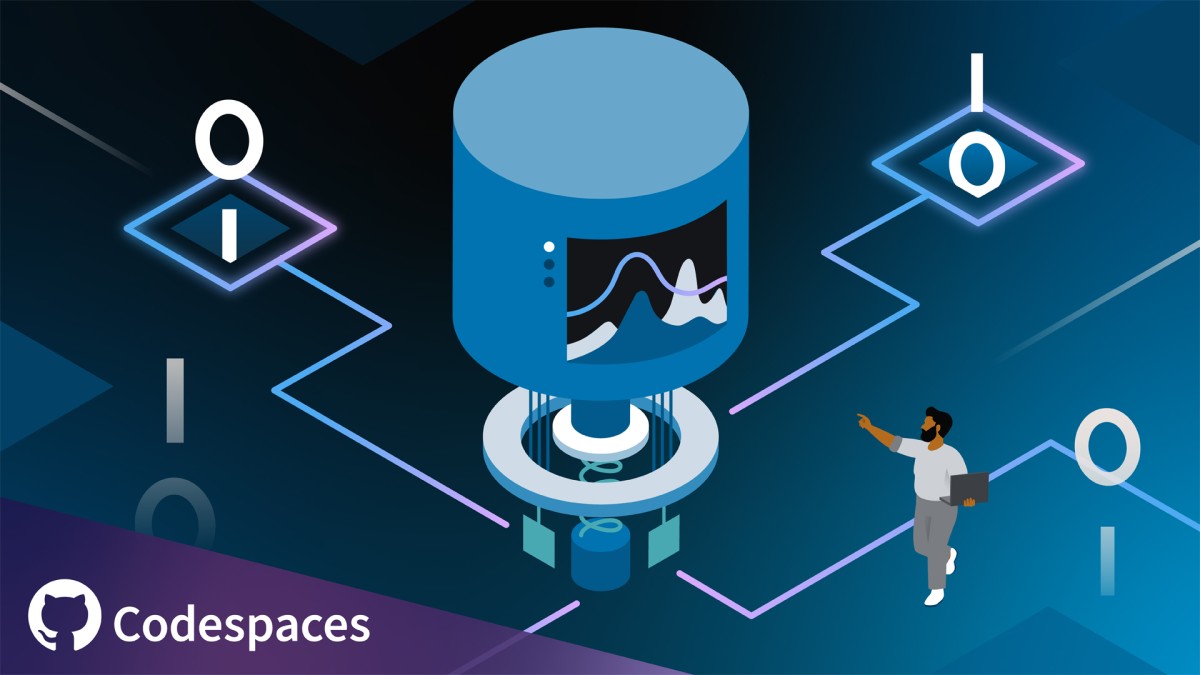As we traverse through the rapidly evolving landscape of technology, a fundamental question arises: Is quantum computing worth learning? The emerging field of quantum computing has generated significant excitement, but with that excitement comes an array of complexities and uncertainties. This article delves into the essence of quantum computing, the potential it harbors, and whether the investment in mastering this innovative technology is justified.
The Underpinnings of Quantum Computing
At its core, quantum computing leverages the principles of quantum mechanics to process information. Unlike classical computers that use bits as the smallest unit of data—expressed as either 0 or 1—quantum computers utilize qubits. These quantum bits can exist in superposition, allowing them to represent both 0 and 1 simultaneously. This inherent property, complemented by entanglement and interference, endows quantum computers with the capacity to solve certain problems exponentially faster than their classical counterparts.
However, one might ponder: does this radical shift in computation warrant the arduous journey of learning such unconventional concepts? The answer is nuanced.
Unfolding the Potential of Quantum Computing
Quantum computing possesses transformative potential across a multitude of disciplines, underscoring its relevance. Areas such as pharmaceuticals, cryptography, financial modeling, and artificial intelligence stand to benefit significantly from quantum advancements. For instance, a quantum computer could simulate molecular interactions at an unprecedented scale, expediting drug discovery processes that currently span years, if not decades.
The field of cryptography also faces a seismic shift, as quantum computers threaten to unravel traditional encryption protocols. The advent of quantum algorithms, particularly Shor’s algorithm, has raised eyebrows, prompting an urgent re-evaluation of data security measures. Quantum-resistant encryption methods are becoming essential, positing the question of whether knowledge in quantum computing would not only be advantageous but imperative for cybersecurity professionals moving forward.
Furthermore, the financial sector is beginning to explore the use of quantum computing for complex optimization problems. The ability to analyze vast datasets rapidly and with greater precision could redefine investment strategies and risk management protocols. Given these implications, the inquiry into whether learning quantum computing is worthwhile gains multifaceted dimensions.
The Quandary of Complexity
Professional Trajectory and Opportunities
Despite the inherent challenges, the prospect of a career in quantum computing is undeniably enticing. As industries seek innovative solutions and breakthroughs, a solid foundation in quantum computing could prove vital. Organizations worldwide are investing heavily in quantum technologies, leading to an increasing demand for skilled professionals who can navigate this uncharted territory.
Moreover, leading academic institutions, research centers, and tech giants are actively recruiting talent proficient in quantum science and engineering. The ability to contribute to pioneering projects—be it designing quantum algorithms or developing hardware—places individuals in a unique position within the job market.
Furthermore, collaboration opportunities abound in interdisciplinary fields. The confluence of quantum information science with artificial intelligence, materials science, and data analytics opens avenues for exploration and innovation. This interdisciplinarity makes a strong case for learning quantum computing, as it blends seamlessly with other fields and enhances professional versatility.
The Wisdom of Incremental Learning
For those daunted by the complexities of quantum mechanics, incremental learning is a viable strategy. Engaging with resources such as online courses, webinars, and academic literature can lay the groundwork. Platforms like LinkedIn Learning offer tailored courses to guide novices through the foundational principles, imparting knowledge incrementally and digestibly. This approach demystifies concepts that may seem intimidating at first glance.
Moreover, participating in quantum computing communities and forums fosters collaboration. Networking with like-minded individuals provides opportunities for shared learning and mentorship. This communal approach adds depth to personal understanding while alleviating the solitary aspect of studying intricate subjects.
Conclusion: Balancing Reward Against Effort
In summary, the question of whether quantum computing is worth learning elicits a complex interplay of factors. The potential benefits are immense, spanning various industries and yielding potentially life-altering breakthroughs. However, the challenges associated with grasping the intricacies of quantum theory cannot be neglected. Weighing the allure of unexplored frontiers against the demands of rigorous study forms the crux of this decision.
Ultimately, those prepared to engage with the complexities may find themselves at the forefront of technological evolution, armed with the skills and knowledge to shape the future. In this light, the pursuit of understanding quantum computing emerges not merely as an option but as a compelling opportunity in the modern world.












